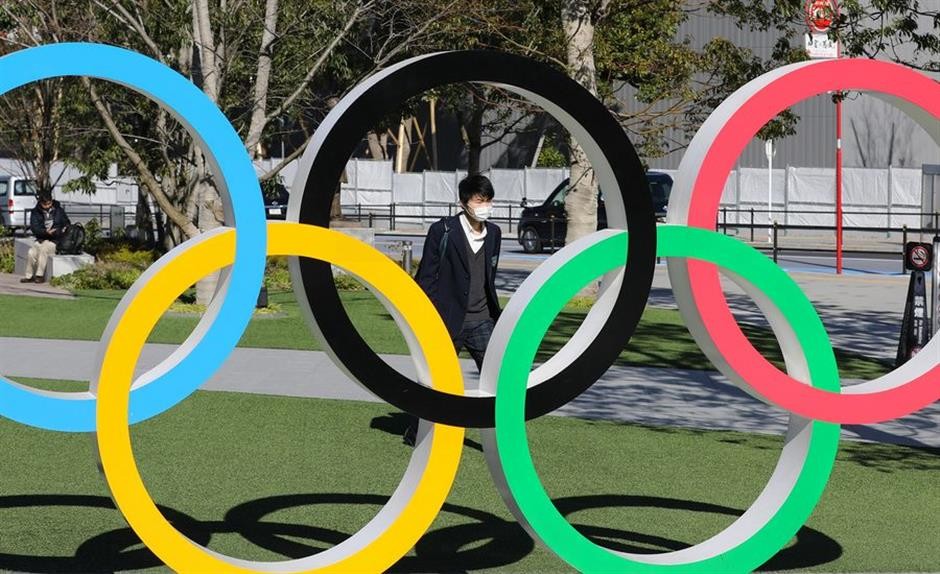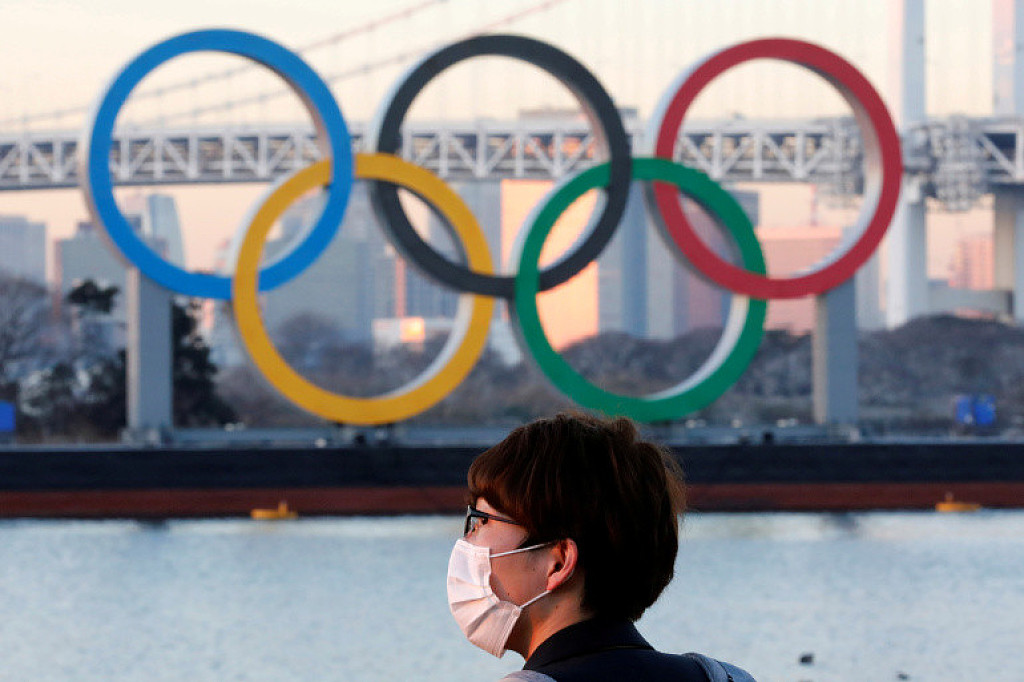Running News Daily
Running News Daily is edited by Bob Anderson. Send your news items to bob@mybestruns.com Advertising opportunities available. Train the Kenyan Way at KATA Kenya and Portugal owned and operated by Bob Anderson. Be sure to catch our movie A Long Run the movie KATA Running Camps and KATA Potato Farms - 31 now open in Kenya! https://kata.ke/
Index to Daily Posts · Sign Up For Updates · Run The World Feed
Cancellation of Olympics in 2021 Would Result in Estimated $43.5 Billion Loss
After being postponed for a year, there are just six months to go until the start of the Tokyo Olympics. The coronavirus continues to spread, and with no signs of it slowing down the possibility of the worst case scenario, the Olympics' cancelation, has become more than just a possibility. Kansai University professor emeritus Katsuhiro Miyamoto, 76, has estimated that the cancelation of the Games would result in an economic loss of over 4.5 trillion yen [$43.5 billion USD].
The one-year postponement from last year has already resulted in a 640.8 billion yen loss [46.2 billion USD]. Should the Games go ahead? Another postponement? Cancel them? There is also the option being explored by the Organizing Committee of staging the Olympics without spectators.

Government sources say that with the loss that another postponement would incur to local governments, it is not a realistic option. Tokyo has projected a direct economic effect of over 5.2 trillion yen [$49.4 billion USD[ in building and maintenance of facilities and infrastructure to put on the Games. Professor Miyamoto estimates that the loss of revenue from operating expenses, participants' consumption, domestic consumption and the like that would follow a cancelation of the Olympics would result in a loss of just under 3.5 trillion yen [$33.4 billion USD].

Another 1 trillion yen [$10.1 billion USD] would disappear as the result of the loss of the legacy effect of post-Olympic facility usage, education and urban development, bringing the total loss from a complete cancelation to over 4.5 trillion yen [$43.5 billion USD]. This would be equivalent to about 1% of Japan's gross domestic product, roughly on the scale of the 4.2 trillion yen [$40.5 billion USD] spent at all department stores nationwide last year. "On top of the coronavirus, cancelation would be another serious hit to the economy," commented Professor Miyamoto.
If the Games do go ahead, they face a rough road forward. The event would all but definitely be downsized, with the likelihood high that events would be closed to spectators. According to preliminary calculations, halving the number of spectators and cutting back the opening and closing ceremonies would still result in a loss of almost 1.4 trillion yen [$13.4 billion USD[. Staging it without any spectators would bring the loss to over 2.4 trillion yen [$23.3 billion USD]. "The Olympics should go ahead even without spectators, but how other countries hit hard by the coronavirus would be able to deal with the situation remains unclear," said Professor Miyamoto. "If the International Olympic Committee made the decision to cancel the Games, the economic and political fallout would be extremely severe."
In preparation for the Tokyo Olympics, 42 venues in 9 prefectures have almost been completed along with investment in accommodations, road improvement and other infrastructure by local governments. "80% of the economic spillover occurs prior to the Games," commented Professor Miyamoto. A private research institute in the U.K. claimed that the 2012 London Olympics resulted in an economic spillover effect of around 2 trillion yen [$19.3 bilion USD], with 82% of the effect coming before the Games opened.
If the Tokyo Olympics were canceled, the value of properties such as the main stadium built for the Games would be significantly reduced by not being able to apply the "Olympic" brand name to them. There is concern about additional losses to the financial burden of maintaining them under those circumstances. "The investment in preparations has already been made and they are all but completed," said Professor Miyamoto. "If the Olympics were canceled it would have a tremendous impact on consumer sentiment, and the value of the Olympic Village and other facilities would be significantly reduced."
by Brett Larner
Login to leave a comment
Tokyo 2020 Olympic Games
Fifty-six years after having organized the Olympic Games, the Japanese capital will be hosting a Summer edition for the second time, originally scheduled from July 24 to August 9, 2020, the games were postponed due to coronavirus outbreak, the postponed Tokyo Olympics will be held from July 23 to August 8 in 2021, according to the International Olympic Committee decision. ...
more...




